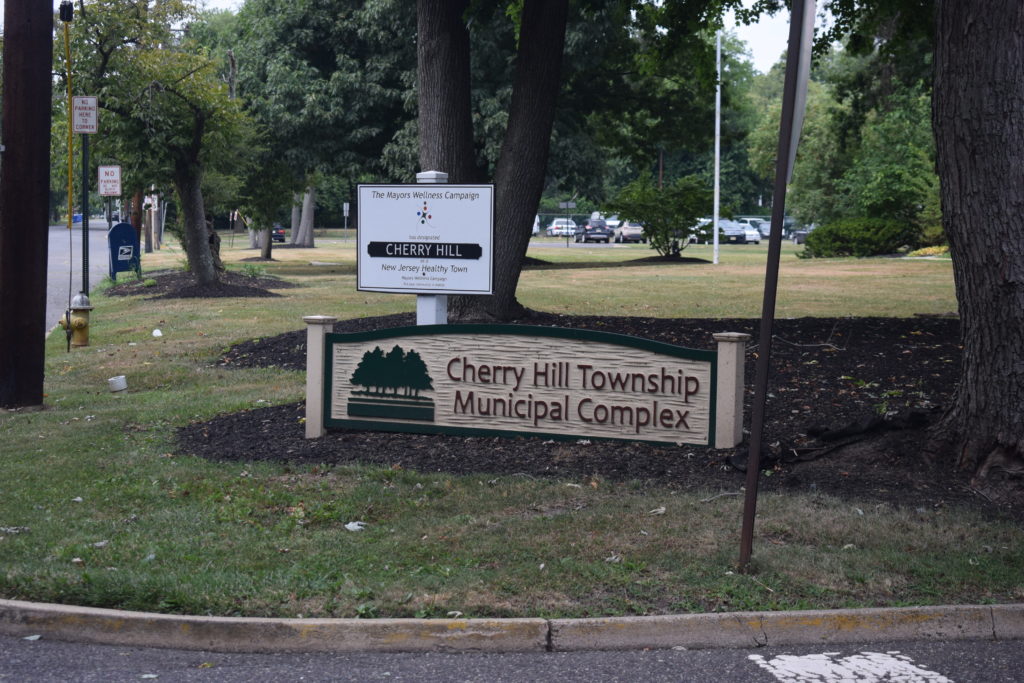

At the July 25 meeting, Cherry Hill Council passed two ordinances on second reading, both granting five year phase-in payment plans in lieu of taxes for the Hampton Road redevelopment area and the Victory Refrigeration redevelopment area. Both were entitled to the phase-in payments as part of the 2015 Woodcrest Country Club settlement that sought to preserve open space and revitalize the areas already designated for redevelopment.
When completed, the project on Hampton Road will have 250 housing units and Victory Refrigeration will have 370 units. Around 15 percent of the units in both projects will be designated as affordable housing for low and moderate income.
“The current taxes paid on property on land will remain the same,” explained Cosmas Diamantis, director of community development. “The phase-in only applies to the improvements to the property, namely the buildings and structures. So, every year, 20 percent increase in the taxes that they pay based on what our tax assessor assesses the structures at at the time of completion of the projects.”
Diamantis also clarified that the portion of the Victory Refrigeration project to be used as a warehouse is not included in this five-year pilot program and will continue paying taxes.
While several residents voiced their opposition to the pilot because the school district would lose out on funding through taxes, Council President David Fleisher addressed these concerns.
“Although the law is very clear that pilot payments typically just remain with the municipality, we had a desire to work collaboratively with the schools to identify projects that would benefit both the community at large as well as the schools themselves,” Fleisher said. “We will use some of this pilot money to help fund those important initiatives, those conversations are beginning to take place now.”
Payments for these projects are not expected to start until sometime in 2023.
Council also passed a resolution that moved $750,000 designated for housing and mortgage assistance last year back into general appropriations since the time period for the grant expired. During caucus, Fleisher noted that council can still use these funds for housing or mortgage assistance or other projects in the future.
When asked by council members how it got to this point, Diamantis explained the funds were intended to be used for a second program that followed the CARES Act program started in 2021. This program also provided mortgage/rental assistance to residents, but of the $600,000 allocated, the township currently has $252,000 unused funds remaining. Because of this, the second program the $750,000 was designated for was never launched.
“[For] a lot of our initial demand, which would have covered all the money that we would have spent, people ended up getting disqualified because they already applied [to the state or county],” Diamantis said. “They were ineligible or they received benefits elsewhere.”
In designing future programs, council members agreed to consider tailoring funds in a way that reaches people who need it most and without competing as much with the state or county.
Board of Education President Ben Ovadia and Vice President Miriam Stern gave a presentation on the Oct. 6 bond referendum that, if passed, will provide funding for significant work to be done at all 19 schools across the district. They explained that Cherry Hill has been underfunded by the state for the past 30 years and if the bond passes, the state has committed to fund $113 million of the $363 million bond through debt servicing.
As stated at former board meetings, the estimated tax impact for the average assessed home of $225,473 will be $399.65 per year. Though some residents balked at the high cost per year, other residents and council members saw the bond referendum as necessary and beneficial for the community.
Resident Yoni Yares, who attended Rosa International Middle School growing up, shared his experience coming back to the gym when coaching his kids’ recreation camp.
“(The gym at Rosa) has been hot for the past 23 years since I was a student there in 1999,” Yares said. “We must do better. My kids should not be having the same conversation.”
The board members also addressed the failed bond referendum in 2018 and shared their process of learning from the past mistakes and their efforts for community engagements. Since 2018, the board shortened the three questions to one, held more than 30 public meetings on the bond, town halls and tours of the buildings.
“The needs are great, we cannot delay any further,” Stern said. “We cannot kick this can down the road any further without increasing costs, more delay, eroding the foundation of our schools”
To learn more about the bond referendum or to calculate the tax cost to you, visit https://cherryhilltomorrow.com/









